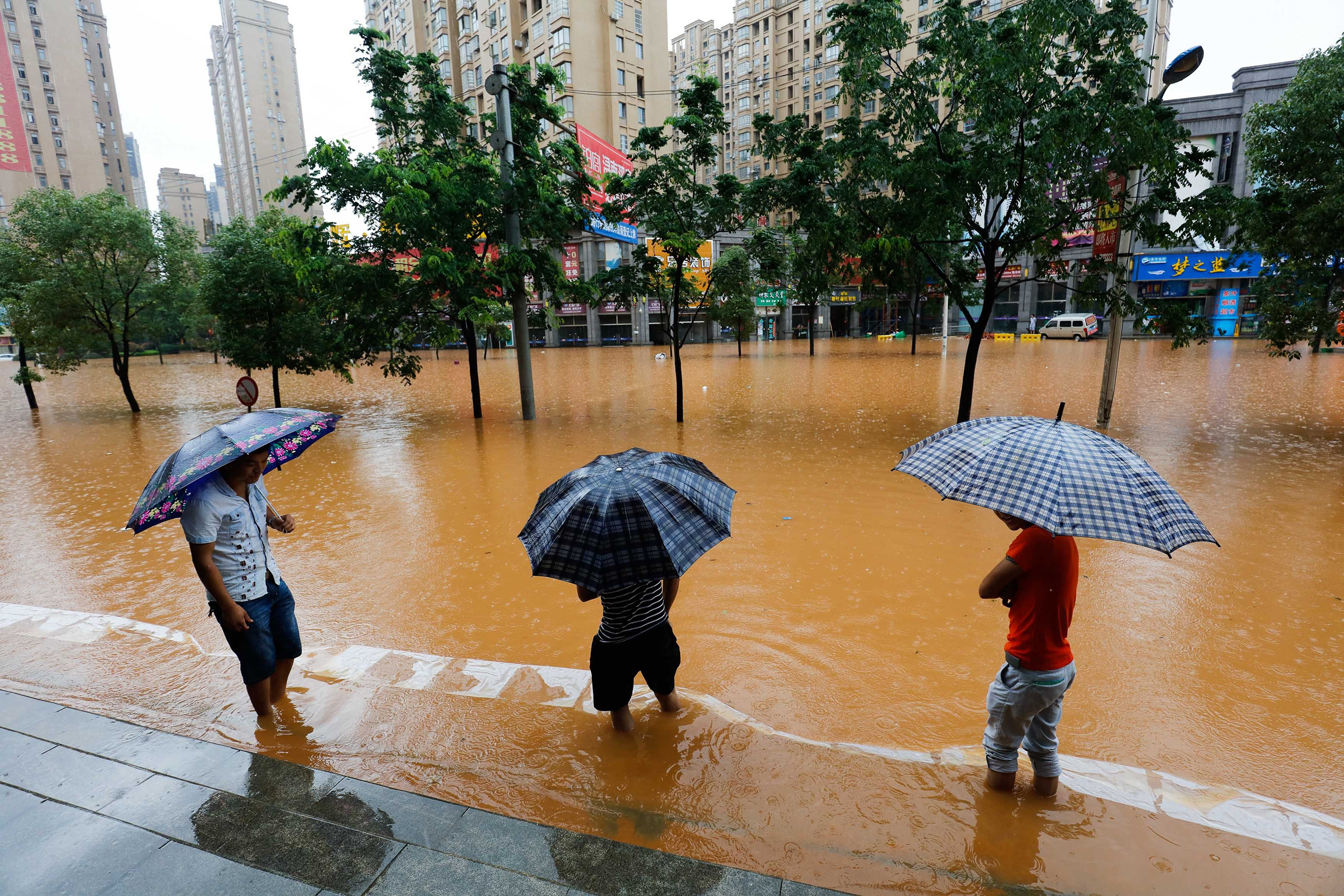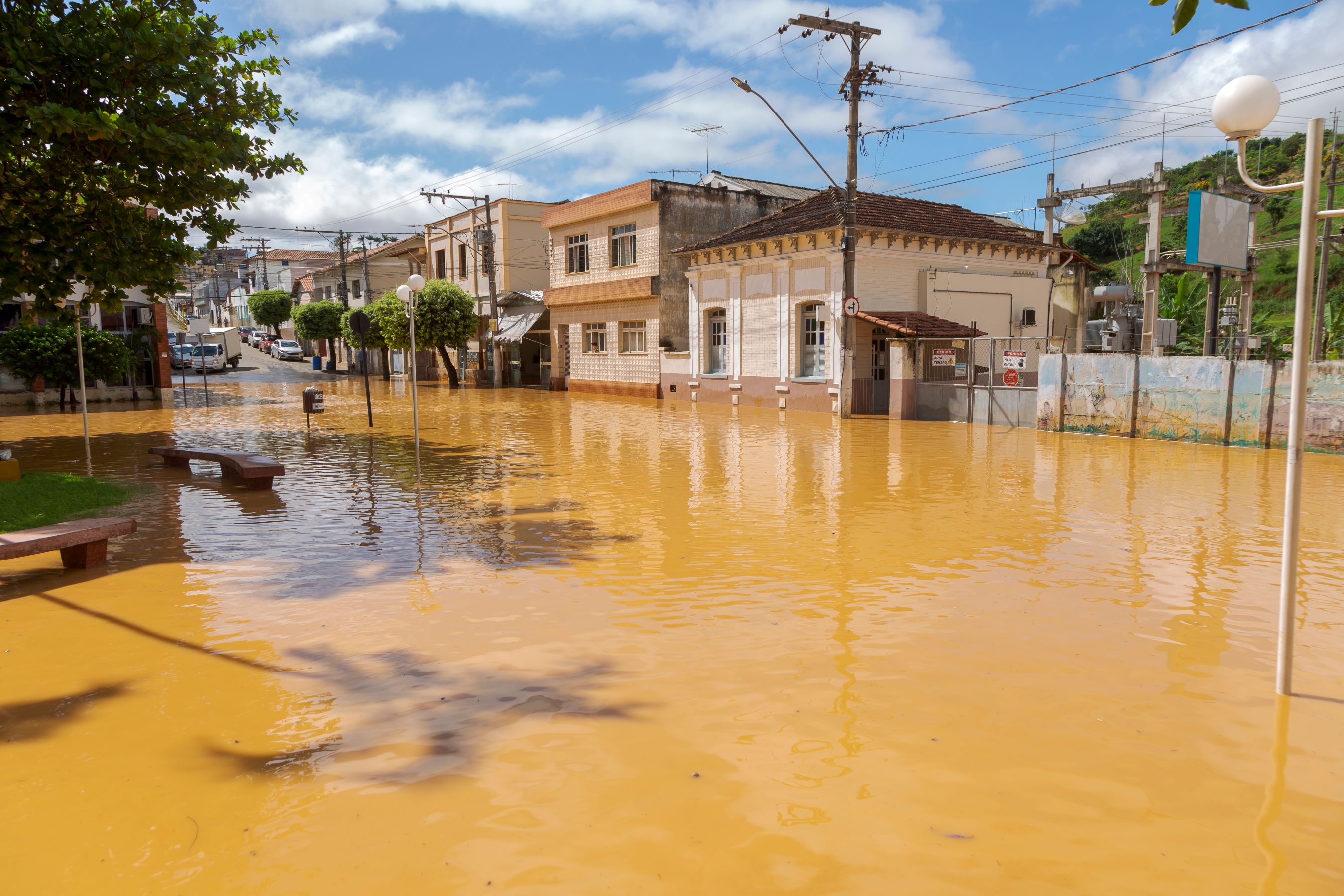Training early career scientists - WCSSP case study
Through strong collaboration, researchers from the UK, Brazil and China have trained over 100 scientists in extreme event attribution.
Supporting the development of early career researchers is vital to overcome current and future weather and climate challenges. As part of the Climate Science for Service Parnership (CSSP) Brazil and CSSP China projects, researchers in extreme event attribution have trained over 100 early career scientists to provide them with the skills and knowledge they need for conducting their own studies.
Training scientists in extreme event attribution
Extreme event attribution investigates the influence of human-induced climate change on extreme weather events. Through using computer models, researchers can assess how climate change influenced the likelihood and intensity of an event.

Through the WCSSP programme, early career scientists have been trained in extreme event attribution through a series of workshops held in Brazil and China. The workshops have led to 12 peer-reviewed papers being published which detail the findings of the attribution studies conducted through the workshops.
The first workshops were held through the CSSP China project and led by the University of Edinburgh in collaboration with the China Meteorological Administration and several other institutes. The workshops provide scientists with the skills they need to conduct their own attribution studies and Prof. Simon Tett from the University of Edinburgh commented, “These workshops are a great demonstration of knowledge exchange. We bring state-of-the-art model data and techniques. The participants nominate the extreme events to be studied and bring scientific understanding of the weather drivers of the event. And it is great fun to work with so many talented scientists.”
“I really enjoyed the workshop as I learned to collaborate with different people and got long-lasting support from senior scientists which continues even after the workshop finished”, Dr Wenxia Zhang, Institute of Atmospheric Physics, China.
Since then, the CSSP Brazil project has also hosted several workshops in Brazil. Dr Sarah Sparrow from the University of Oxford commented, “Being involved in running the CSSP China workshops provided me with a template on how to run a successful workshop that is not only engaging for the participants, but also for the tutors and workshop leaders involved. In the CSSP Brazil workshop we were able to demonstrate that the attribution workshop format developed in the CSSP China projects could be successfully extended to include training on disseminating results.”
Climate change and extreme rainfall in Brazil
Led by CEMADEN and the University of Oxford in collaboration with the University of São Paulo, the Met Office and other research institutes, the CSSP Brazil workshops have helped uncover information about how the risks of certain extreme events have changed due to climate change.
One of the CSSP Brazil workshops focused on an extreme rainfall event in 2020 in southeast Brazil that led to flooding and landslides. The researchers found that human-induced climate change made this event over 70 times more likely to occur. Due to the event, at least BRL 1.3 billion (USD 240 million) was lost in the public and private sectors and the researchers estimate that 41% of this could be attributed to human-induced climate change.

An extreme rainfall event in 2020 led to flooding in Southeast Brazil
“When I was working at INPE in Brazil, we had this amazing CSSP Brazil workshop to learn more about the attribution of extreme events and work as a multidisciplinary team of scientists from different fields. We have extreme weather events in Brazil every year, and our attribution studies are not only showing that the effects of climate change are already here but can also provide policy makers with valuable information on current and future risks from climate change.” Dr Ricardo Dalagnol, University of California Los Angeles.
After the workshop, workshop participants and tutors published a collaborative paper detailing the outcomes of the study.


